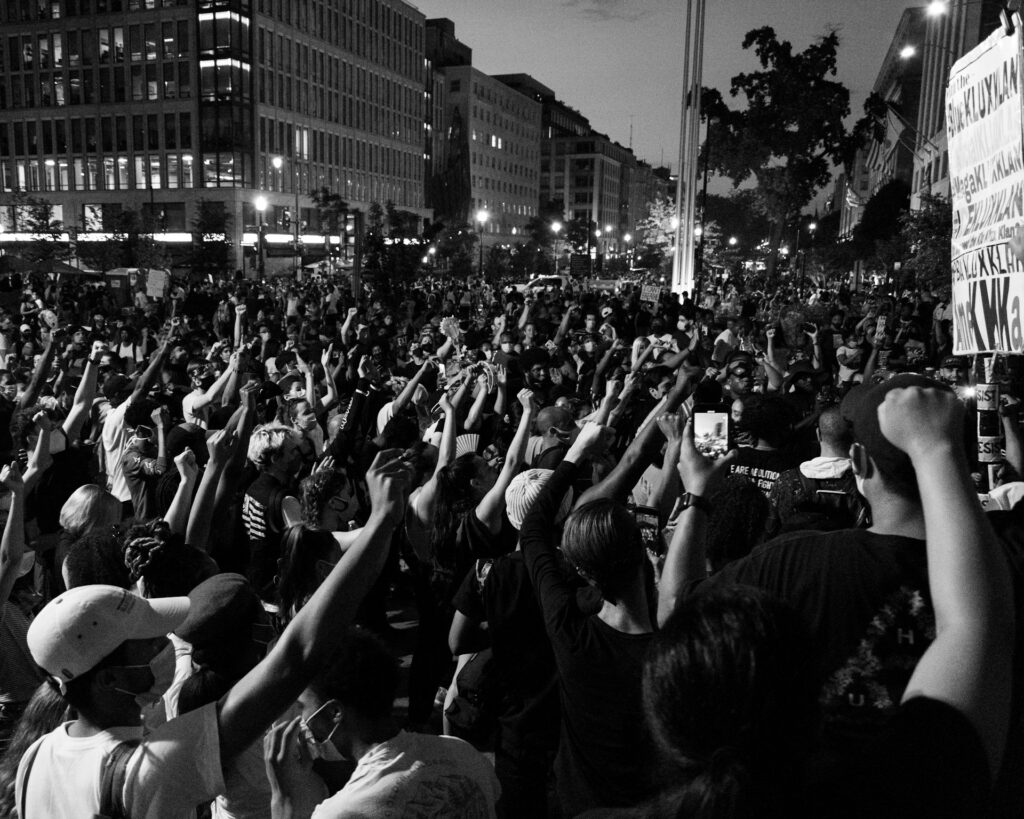
(Cupventi.com) – In a significant display of activism, over 100 individuals were arrested at Columbia University after a protest encampment was established in support of Gaza, resulting in a substantial police and administrative response. The protest, which lasted for over 30 hours on the university’s South Lawn, culminated in the involvement of New York City’s police at the behest of the university’s administration.
Mayor Eric Adams commented on the situation, noting the university’s long tradition of student activism. However, he emphasized that such actions must not infringe on university policies or the law. “Columbia University’s students have a proud history of protests and raising their voices,” Adams stated. “However, they do not have the right to violate university policies. We will not be a city of lawlessness.”
Among those arrested was Isra Hirsi, the 21-year-old daughter of Representative Ilhan Omar and a student at Barnard College, which is affiliated with Columbia. Hirsi, an active organizer for Palestinian rights, shared on the social media platform X that this was her first disciplinary encounter in her three years as a student activist. “Those of us in Gaza Solidarity Encampment will not be intimidated,” Hirsi declared, indicating her suspension for “standing in solidarity with Palestinians facing a genocide.”
The New York City Police Department reported that more than 108 individuals received summonses for trespassing, including Hirsi. Additionally, two were charged with obstruction of governmental administration. NYPD Commissioner Edward Caban acknowledged that the students were peaceful and did not resist arrest, expressing their views in a calm manner.
The situation escalated when approximately 500 students disrupted classes to join the protest, confronting the police with severe accusations and chants of “shame on you!” according to video footage. Columbia University’s President Nemat “Minouche” Shafik addressed the severity of the disruption in a memo, stating, “I have determined that the encampment and related disruptions pose a clear and present danger to the substantial functioning of the University.” Shafik confirmed that the demonstrators were trespassing and refused to disperse, which led to her authorization for police intervention to clear the encampment and ensure campus safety.
In response to the growing encampment, Barnard College took disciplinary actions against its students involved in the protest. The college identified its students at the scene and imposed interim suspensions on those who did not comply with directives to leave. The administration emphasized its commitment to providing a harassment-free educational environment.
The broader implications of the event were also highlighted by Representative Omar during a congressional hearing with President Shafik, where she criticized the university’s response to the pro-Palestinian activities on campus. This incident is part of a larger national discourse on free speech and activism on college campuses, further intensified by recent geopolitical tensions.
This incident at Columbia University represents not only a local enforcement and administrative issue but also reflects the broader challenges and tensions faced by educational institutions in balancing free expression and campus safety amidst global political conflicts.